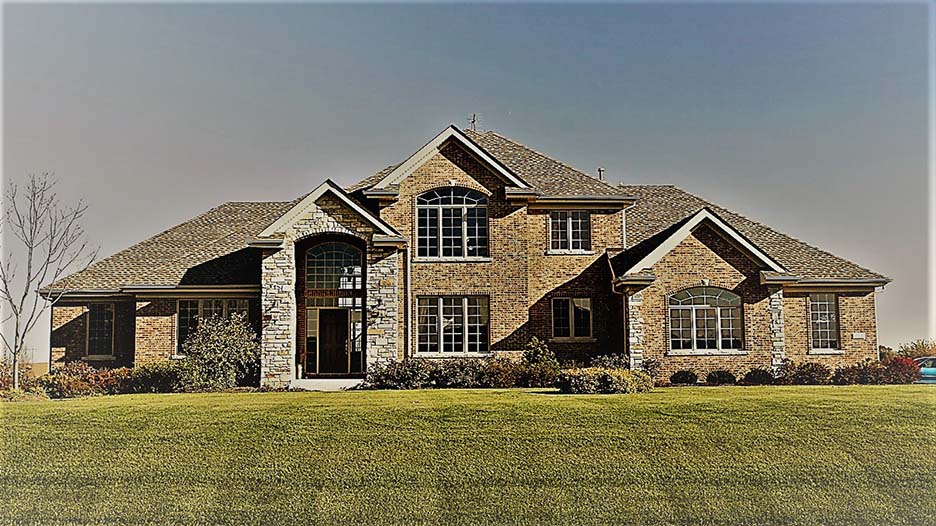Real Estate falls into three categories: industrial, residential and commercial (for profit). There’s a misconception that the house (residential) you live in is an investment. It’s a liability to you and an asset to the lender whom you pay mortgage. You could say your house is an investment because you could sell it at a higher price than you paid for it years from now.
Even if you sell at a later date, the current national average rate of 2% appreciation in residential buildings is barely enough to keep up with inflation. Not to mention all the maintenance costs, insurance, property taxes and interest payments you’ll make over the years (20-30 year terms). To paraphrase one of the real estate experts, Grant Cardone said “even a car (most likely to depreciate after you drive it off the lot) is a better investment than a non-income producing property because the car can be used as a tool that takes you to work to earn income.”
Apartment complexes are outstanding investments because they are recession proof. Retail and groceries stores may be threatened by behemoths like Amazon but apartment buildings aren’t going anywhere because people will always need a place to live. If you make the decision to purchase a residential property without having an influx of cash, you’re essentially missing the opportunity to build wealth. The solution is to rent where you live and utilize leverage to own apartment buildings. Once you start making so much money that you don’t know what to do with it, then you can pay cash for all the residential properties you wish.
Apartment buildings produce Net Operating Income (NOI). NOI is Gross Revenue – Operating Expenses (insurance, management fees, utilities, property taxes, repairs and custodial fees). These are some of the reasons to own apartment buildings and rent single family homes.
-
Control: Single family property’s value are determined by other residential sales com-parables. Multi-unit values are determined by its NOI. This means you can immediately increase the value of a mismanaged multi-unit by increasing the NOI. You can do this by increasing rents, decreasing expenses or both.
-
Income: The tenants pay for the building with the rents and other revenues the building produces.
-
Occupancy: If a renter in a single family decides to move, the building is 100% vacant. In a multi-unit, you’ll still be collecting rents from other renters until you find a replacement.
-
Scalability: It’s way easier to scale and manage a multi-unit. For instance, an apartment building with 50 units is under one roof and handled by the same management. 50 different single family homes will require 50 different transactions and extra effort to keep track.
-
Freedom: Owning a single family can be a burden especially if you decide to move. Having the freedom to move whenever you choose is priceless.







Leave A Comment